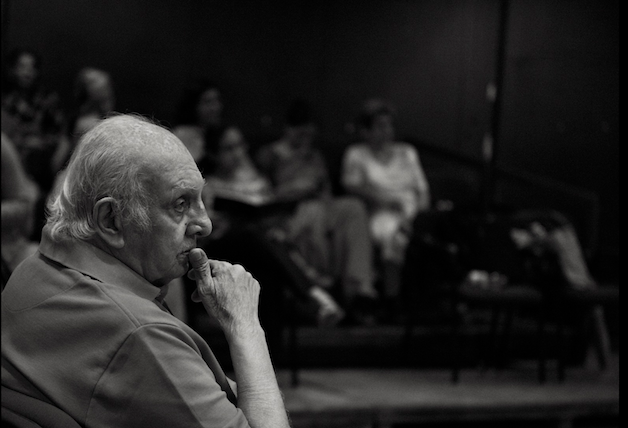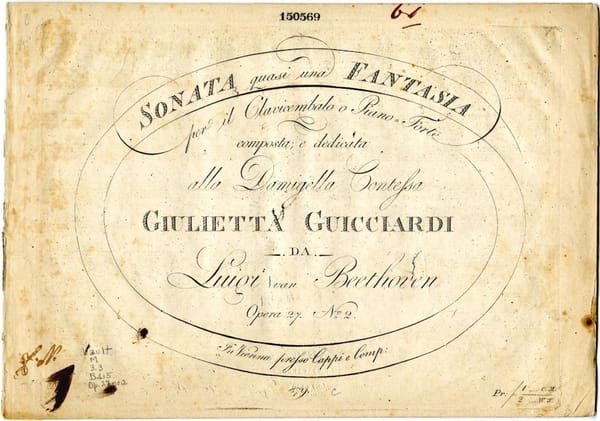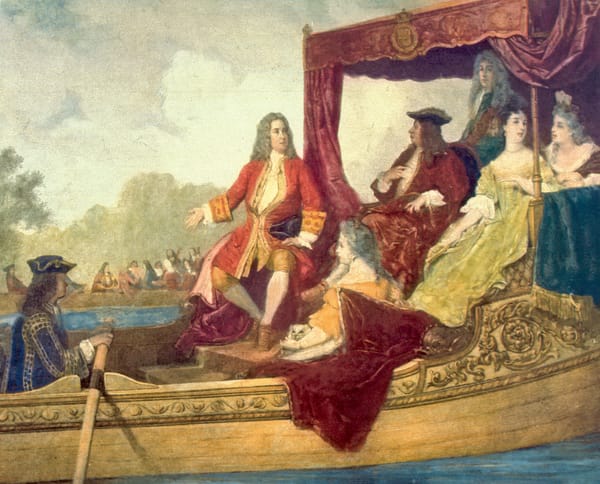Vanraj Bhatia

Shyam Benegal’s composer for most of his films, Vanraj Bhatia’s music has the unusual quality of being both loved and ignored at the same time. By Vipasha Aloukik Pai
There are those who have heard his music but not his name. Play for them one of his more famous songs, perhaps ‘Mero gaam katha parey’ from Manthan, and they’ll proclaim that they love it. On the other end of the spectrum are those, slightly more in the know, who are not only familiar with the man and his work but insist, quite adamantly, that he is one of greatest music composers India has ever produced.
Vanraj Bhatia, famous for his seminal music compositions for almost all of Shyam Benegal’s films, has composed music for movies, documentaries and commercials, and, in recent years, released several spiritual albums, including Indian Meditation Music (1999), The Bhagavad Gita (2002) and The Spirit of the Upanishads (2007). In 2012, he won the Padma Shri for his work in the arts. Today, on the verge of turning 90, the musician in him is still hard at work and the man is as strong of opinion as ever.
The piano man
On a sunny weekday morning, in his home at Napean Sea Road, we settle down in his room where he works on his piano every day for several hours. I tell him how much I love ‘Tumhaare bina jee na lage’ from Bhumika, how every time I listen to it, I hum it for days after. “The studio threw me out, you know that?” he says, with regard to the song. “They said, ‘We won’t record rubbish like this. It’s too old-fashioned. How can you write things like this?’” He does not sound angry but amused, like the avant-garde who knows better than common folk. Did he face this kind of resistance often? “I have big fights with everything. I’m always fighting,” he says, with a grin on his face. In a separate conversation, director Shyam Benegal says, “We always fought, but that’s how you get the best out of him. Like all talented people he can be very temperamental. But that’s okay because he eventually gets things done extremely well and always to one’s satisfaction. So there’s no question about it that the man is probably one of our most talented composers.”
Notes from around the world
While growing up in Bombay, Bhatia studied Indian classical music at Deodhar School of Music for about two years. “But otherwise I haven’t had real formal training in Indian music,” he says. “I was always good but I had never heard Western music till I was about 13 or 14. I heard ‘The Blue Danube’ [by Johann Strauss] for the first time and I was fascinated. Then I heard the Tchaikovsky Piano Concerto and that was it. That did it.” He then began studying Western classical music under Dr. Manek Bhagat. “He knew I was not carved out to be a pianist, but he respected my musicality. So in two or three weeks, I would do one sonata of Beethoven or Mozart. Like that, in four years, I knew all the piano music from Beethoven to Chopin to Liszt.”
When he wanted to study Western classical music abroad, he didn’t receive a lot of support. “My father supported me a bit but the rest of the family would say, ‘You’re sending him abroad, he’ll end up selling chickpeas on Chowpatty.’” They needn’t have worried. “For the first three months, I had a scholarship. Then I got another one. And another one.” he says. What followed were scholarships to study at the Royal Academy of Music in London, followed by one at the Paris Conservatory under the exacting eyes of Nadia Boulanger, often touted to be the most influential teacher of musical composition of the 20th century.
Paris, he says, was the best. Boulanger was a strict disciplinarian, so commitment was imperative and rules could never be broken. Bhatia says, “She told me, ‘All this time I’ve tied your hands and feet and shut your eyes and your mouth. Then if you can say something, you’ve done it.’” She was right because after Paris, Bhatia came back to India and the work he did here speaks for itself.
Songs to remember
Back in his own city, after a stint teaching at Delhi University, he started working on advertising jingles. This was also around the time he met Benegal, who reminisces, “I was connected with making advertising films. This was sometime in 1959. Vanraj had just come back from Europe, hoping to make a career as a composer. So I got him to do music for our advertising commercials and he wrote many a jingle – very good scores for both advertising and documentary films that I was making at the time.”
His experience working with Benegal has resulted in some stellar music from genres across the board. From the folk-inspired music of Manthan to the a capella delight in ‘Saawan ki aayi bahaar re’ from Junoon to the classical music of Sardari Begum, Bhatia’s music is exemplary. Benegal says, “He offers the perfect balance because he knows enough classical Indian music and has, of course, learnt Western classical composition and music, so he has that wonderful blend of the East and West.” The impression one gets is that Bhatia though thoroughly learned is never afraid to innovate. Benegal gives me an example. “I made a film on tribals in Bastar, and I brought one of those tribal flutes, which you don’t play like a flute. You swing it about and it makes a beautiful sound. He used that because he was very adventurous in his style of getting instruments to play.”
Fame and felicity
Though one couldn’t possibly call him the underdog, Bhatia is quite underrated when compared to his contemporaries. “The only thing I feel a bit sad about is that he hasn’t got his due,” says Benegal. “He’s an extremely talented composer but I don’t think he has received the kind of recognition he actually deserves.” When I bring this up with Bhatia, he simply says, “I don’t go looking for these things.”
As our conversation wraps up, I ask Bhatia, on an informal note, what he’s listening to these days. He is horrified. “I listen to no music ever, never. It isn’t allowed in my house. If I hear something, it stops me from working for at least a month.” Currently finishing the third act of the opera Agni Varsha, based on Girish Karnad’s play, the maestro is busy as ever.
This article was originally published by the National Centre for the Performing Arts, Mumbai, in the March 2017 issue of ON Stage – their monthly arts magazine.





